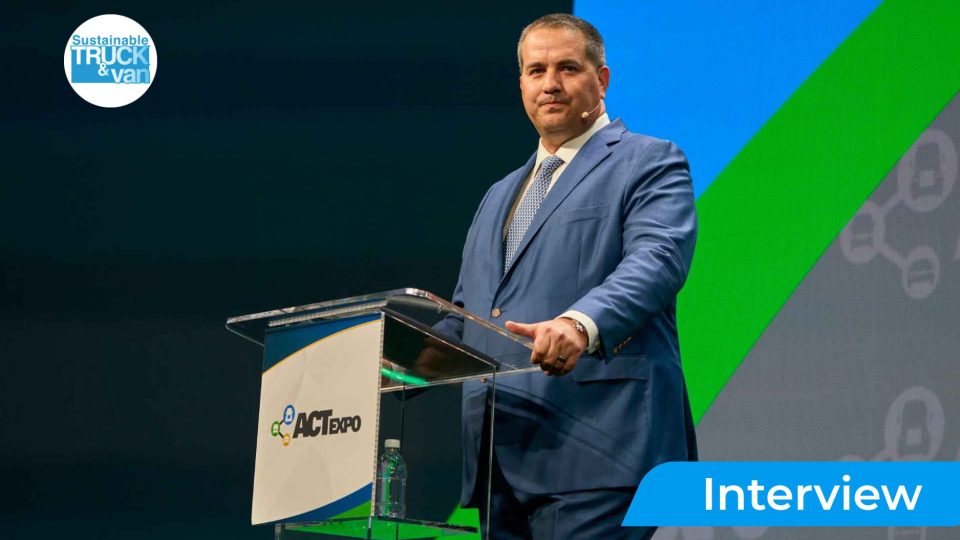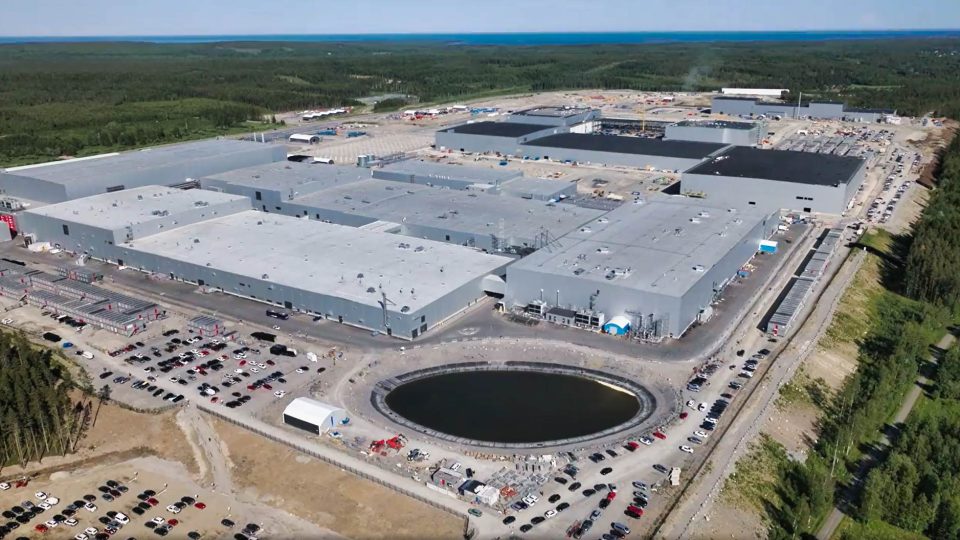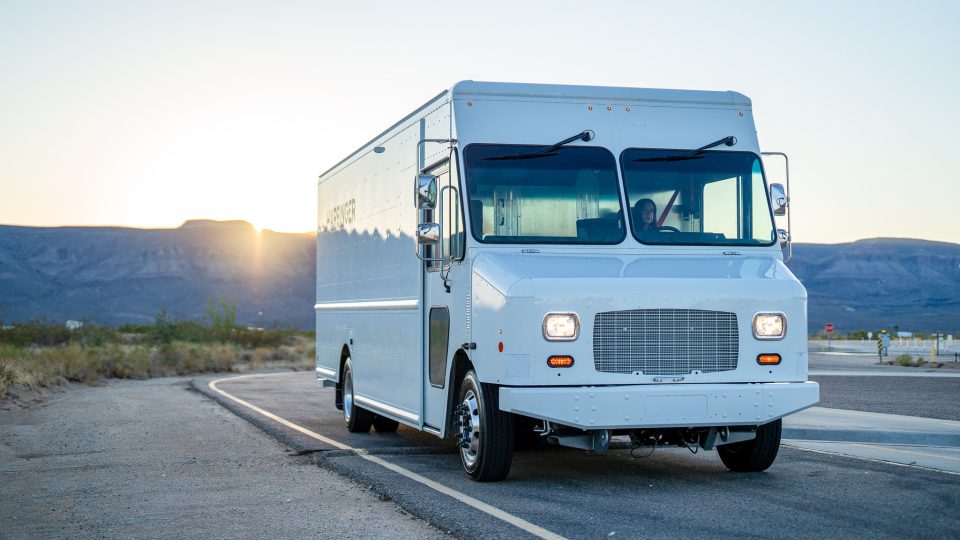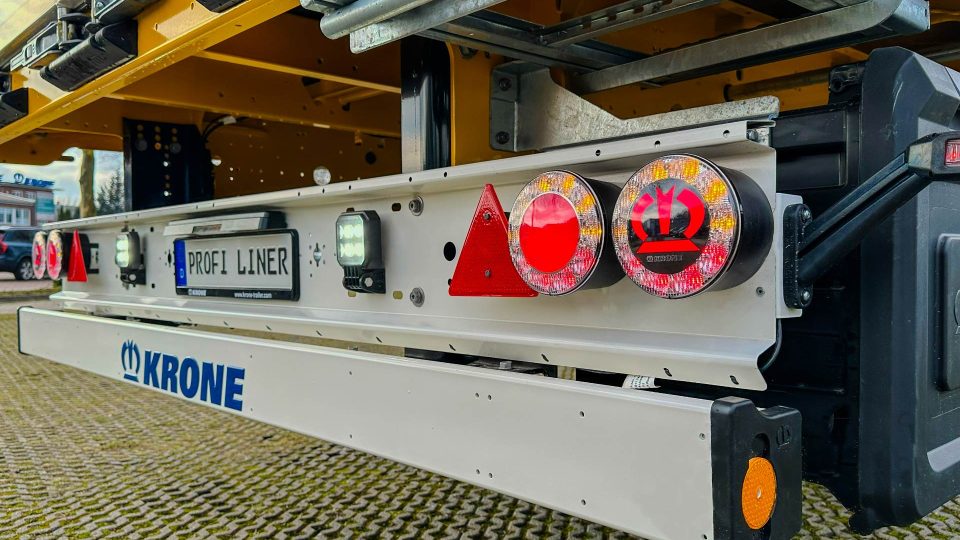ZF, Rolf Breidenbach is the new Supervisory Board Chairman
Former Chairman Hiesinger had indicated at an early stage to the then-newly elected Lord Mayor of Friedrichshafen, Blümcke, that he would not be available for a second term after March 2028. From early 2004 until 2022, Breidenbach was CEO of Hella, a global company in the automotive supply.

The Supervisory Board of ZF Friedrichshafen elected Rolf Breidenbach as the new chairman of the supervisory body. He succeeds Heinrich Hiesinger, who has been a member of the ZF Supervisory Board since 2021 and its chairman for the past three years. Breidenbach, a proven expert in the automotive industry, has been a member of the committee since March 2023.
Rolf Breidenbach: who’s the new Supervisory Board Chairman at ZF
Born in Bochum, Breidenbach studied mechanical engineering and economics at RWTH Aachen University, where he also completed a doctorate in mechanical engineering. He then worked in the industry and for a technical service provider. From early 2004 until 2022, he was CEO of Hella, a global company in the automotive supply, mainly known for their lighting technology solutions.
Former Chairman Hiesinger had indicated at an early stage to the then-newly elected Lord Mayor of Friedrichshafen, Blümcke, that he would not be available for a second term after March 2028 due to his personal plans for the future. In order to avoid a change in the chairmanship of the Supervisory Board in the middle of this crucial phase of the transformation and to enable a long-term solution now, Hiesinger had offered to make his office and mandate available prematurely. The vacant position on the ZF Supervisory Board is to be filled by Ingrid Jägering, who will shortly be elected to the Supervisory Board by the General Meeting of ZF Friedrichshafen.
















